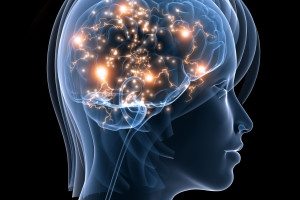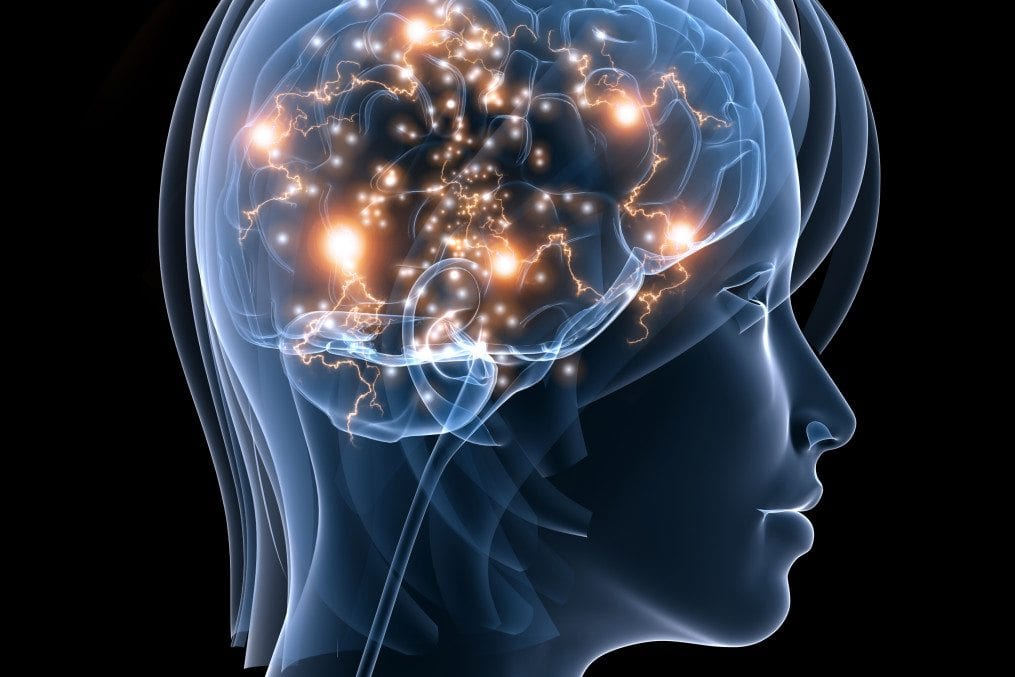Autism Awareness Week: what you need to know
There are an estimated 700,000 children and adults with autism and Asperger’s syndrome in the UK – more than 1 in 100 of the population. Here’s the lowdown:
What is it?
According to the National Autism Society, autism is a lifelong disability that affects how a person communicates with, and relates to, other people. It also affects how they make sense of the world.
People with autism have difficulties in three key areas, known as the ‘triad of impairments’: social communication (difficulty with language, or with reading body language and facial expressions and understanding jokes or sarcasm), social interaction (understanding social norms and other people’s emotions and expressing their own feelings), and social imagination (predicting people’s behaviour, planning for the future and coping with change). Many also have over or under-sensitivity to sounds, touch, taste, smells, light or colours.
Autism is a spectrum disorder, which means people are affected in different ways – some have learning difficulties and need specialist support, while others have successful careers and relationships. Asperger’s syndrome is a form of autism. People with Asperger’s share the triad of impairments, but are often of above-average intelligence.
Not feeling understood can lead to mental health issues. ‘Eating disorders, OCD, anxiety and depression are common in those on the autism spectrum,’ says consultant clinical psychologist Dr Judith Gould, spokesperson for The National Autistic Society.
READ MORE: Health A-Z : Mental Health
At present, males with autism outnumber females by an estimated four to one. ‘Girls don’t fit the stereotypical classification system and can be better at masking their difficulties and fitting in with their peers,’ says Dr Gould. ‘But we could see the numbers balancing out in the future as we become better at diagnosing girls.’
Getting diagnosed
The first port of call to get a child diagnosed is seeing your GP for a referral to a specialist for a diagnostic assessment. Children can be diagnosed from the age of two. Diagnosis can help children get the support they need at school.
An adult diagnosis can come as a huge relief, says Dr Gould. ‘It can give you an understanding of why you have struggled all your life. A diagnosis can also help neurotypical partners understand a partner with autism, and it may help with problems at work.’
Getting help
There is no cure for autism, but people can learn to manage it. See the National Autistic Society’s website autism.org.uk, or contact the helpline on 0808 800 4104, from 10am-4pm Monday to Thursday, and 9am to 3pm on Fridays.








